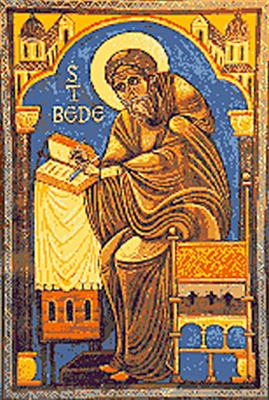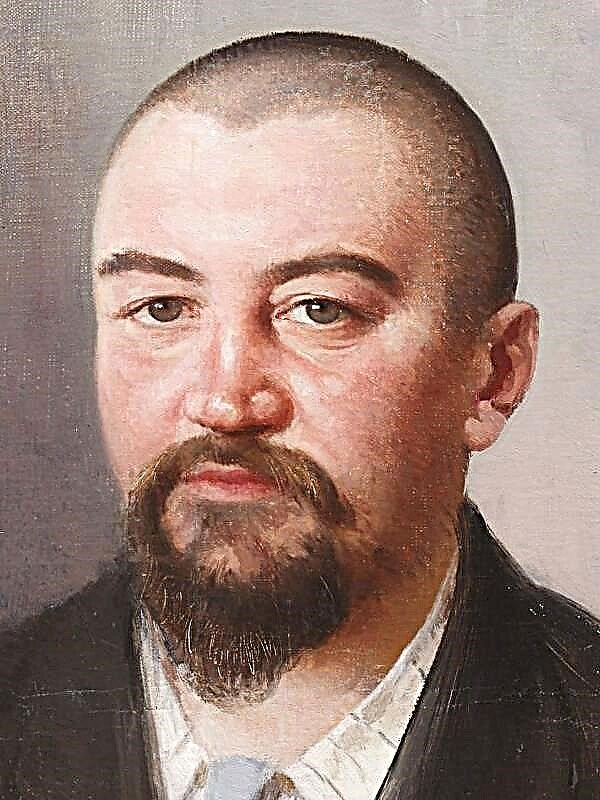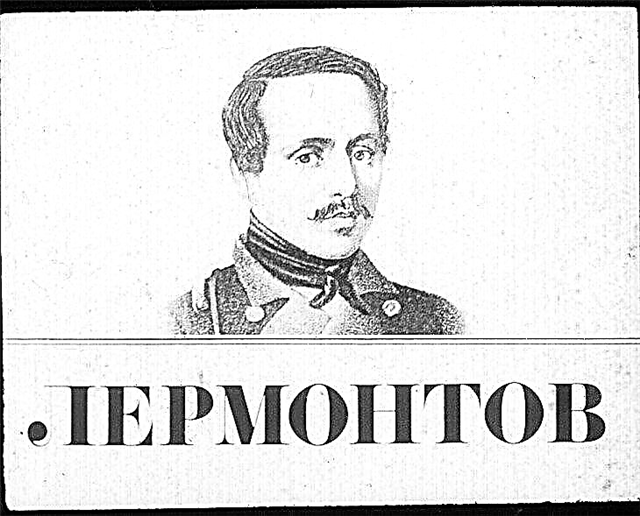The action takes place in Athens. It all starts with the slave monologue Dava; the owner of his friend Geta, the young Antiphon marries for love and in very ordinary circumstances. Dove is going to return Goethe's favor: he needed money for a gift to the young. As you can see, the tradition of such gifts has existed for a long time: they collected "gift contributions" not only from relatives and friends, but even from slaves ...
Geta informs Davout that Demiphon and Rattles, old brothers, are returning to the city. One from Cilicia, the other from Lemnos. Both of them, leaving, instructed Goethe to look after their sons Antiphon and Fedria. But in the end, having been repeatedly beaten up by the young masters for trying to instruct them, the slave was forced to become an accomplice of the young man in their love affairs.
Fedria (the son of Demiphon) fell in love with the harpist Pamphylus. The young master and servant accompanied her daily to and from school. Antiphon also happened to them.
Once, while waiting for a harpist in a barber, they suddenly found out: a misfortune happened nearby. The poor girl Fania died mother, and there is no one to even bury her properly.
Young people go to this house. And Antiphon, helping sad Fania, falls head over heels in love with her. The feeling turns out to be mutual. Antiphon is ready to get married, although he fears the wrath of his father ...
An intelligent and all-knowing parasite comes to the rescue (in ancient Greek, "parasitos" - "parasite") Formion. The girl was left an orphan. And by law, the next of kin should take care of her marriage. And at an urgently convened court hearing it was announced that Fania was related to Antiphon. And the young man immediately marries her, performing a "related duty" with a completely natural enthusiasm. However, joy is overshadowed by the thought of the imminent return of his father and uncle, who are unlikely to approve of his choice. Yes, and Fedria understands that his love for the slave harpist will also not cause delight of parents ...
Meanwhile, the older brothers are already in the harbor of the city. Geta and Fedria persuade Antiphon to hold steady and explain to parents: justice forced him to marry. Well, the feeling too. “According to the law, according to the court, they say,” Fedria tells him. But the cowardly Antiphon cowardly leaves the stage, leaving both of them goodbye: “I entrust you my whole life and Fania!”
Demiphon appears. He is angry. Yes, let the law. But - to despise paternal consent and blessing ?!
To Fedria’s greeting and the question of whether everything is good and healthy, Demiphon replies: “Question! You’ve arranged a beautiful wedding here without me! ”
Geta and Fedria defend the escaped Antiphon with all possible arguments. But Demiphon persists. Yes, even by law. But the same law provides the right to supply the poor relative with dowries and to side her. And so - "What was the point of introducing a beggar into the house ?!" And Demiphon demands to bring him together with the parasite Formion - the protector of both women and the indirect culprit of these events unpleasant for the old brothers.
But Formion is calm and confident that he will be able to do everything legally and safely: “... Fania will stay / With Antiphones. I’ll take off all the wrongdoing and myself / I will turn all the annoyance of this old man. ”
As we see, Formion is not only smart, self-confident, but also noble (although, perhaps, not always disinterestedly).
And Formion goes on the offensive. He accuses Demiphon of throwing a poor relative in the mountain, and even an orphan. Yes, her father, they say, was not rich and modest beyond measure, therefore, after his death, no one even remembered the orphan, everyone turned away from her. Including the prosperous Demiphon ...
But Demiphon is calm. He is sure that he does not have such relatives: these are fiction of Formion. However, wishing to avoid a lawsuit, she offers: “Take five minutes and take her with you!”
However, Formion does not even think of losing ground. Fania is married to the son of Demiphon by law. And she will become joy in old age for both brothers.
Three judicial advisers, very stupid, hesitantly give Demiphon extremely contradictory advice: there is no sense in them.
But Fedria's affairs are bad. Fellow Dorion, not waiting for the promised payment for Pamphylus (this harbor harpistess is his slave), promised to give it to some warrior if Fedria did not bring the money. But where can I get them ?!
And while Antiphon himself is in a rather critical situation, he begs Geta to help her cousin, find a way out (that is, money!). For Fedria, who is in love, is ready to follow the little girl at least to the ends of the world.
Returning brothers meet. Snarls dejectedly admits to Demiphon that he is alarmed and saddened. It turns out that on Lemnos, where he often visited on the pretext of commercial affairs, he had a second wife. And the daughter, a little younger than Fedria and, therefore, his half-sister.
The Lemnos wife came to search for her husband in Athens and then, not finding him, died in grief. Somewhere here remained an orphan and his daughter ...
Meanwhile, the restless Formion, by agreement with Geta, pretends that, if Antiphon doesn’t succeed, he himself is ready to marry Fania. But, of course, having received compensation from the elderly in the form of a decent dowry. He immediately gives this money to the pimp for the ransom from his slave beloved Fedria from slavery.
Formion, it turns out, knows about the Lemnos life of Hremet and therefore plays for sure. And yet unaware of this, Khremet is ready to help Demiphon with money - if only Antiphon would marry as his parents would like. The brothers' mutual understanding is truly touching.
Antiphon, of course, is in despair. But the faithful slave Geta reassures him: everything will be settled, everything will end to everyone's pleasure.
Sofrona, the old nurse of Fania, appears on the scene. She immediately recognizes Hremet (though he bore the name Stilpona on Lemnos) and threatens to expose him. Rattles begs her not to do this yet. But he, of course, is interested in the fate of the unfortunate daughter.
Sofrona tells how, after the death of the mistress, she added Fania - she married her to a decent young man. Young live just in the house near which they are now standing.
And it turns out that the happy husband Antiphon is the native nephew of Khremet!
Hremet entrusted the negotiations with Fania to his wife Navsistrata. And the girl liked that. Having learned about her husband’s former betrayal, Navsistrata, of course, gave vent to feelings, but soon changed her anger to mercy: the rival has already died, life goes on as usual ...
Rattles happy endlessly: good fate itself arranged everything in the best way. Antiphon and Fania, of course, are also happy. And Demiphon agrees to marry his son to the newly-born niece (yes they, in fact, are already married).
Here and everywhere the ripening faithful slave Geta: after all, to a large extent thanks to his efforts, everything ended so well.
But Formion, it turns out, is not only smart and omniscient, but also a kind, decent man: after all, for the money received from the elderly, he bought his harper for Fedria from slavery.
The comedy ends with the fact that Formion receives an invitation to a festive dinner at the house of Hremet and Navsistrata.












